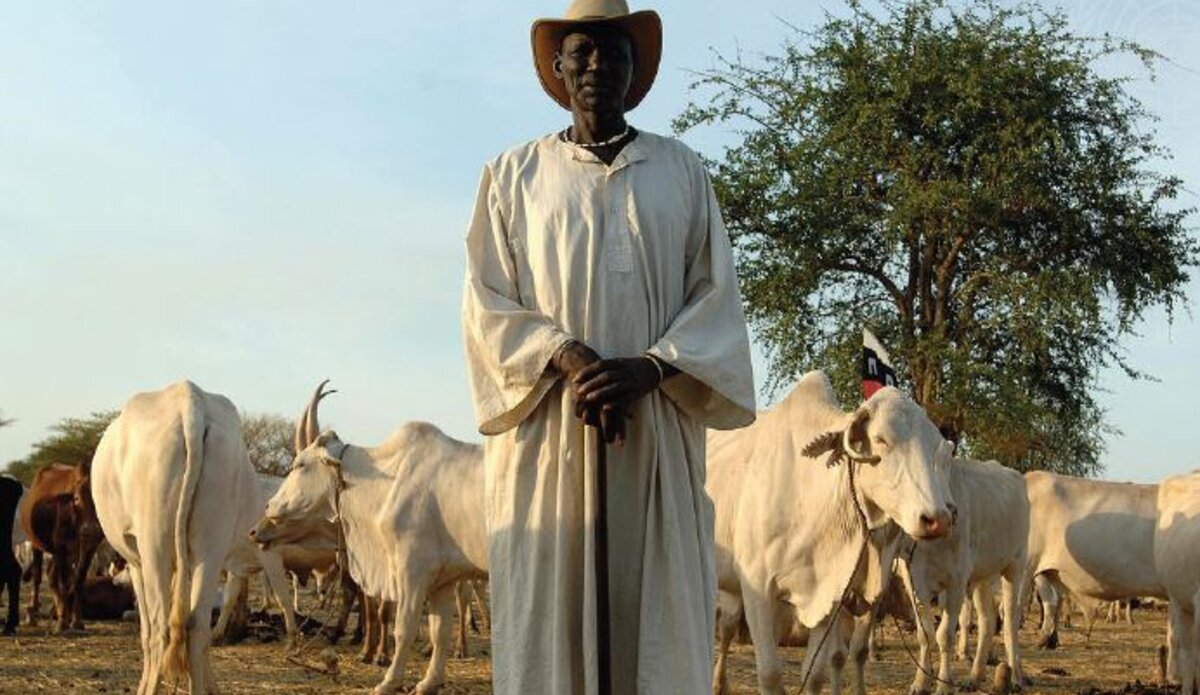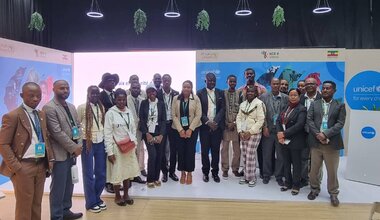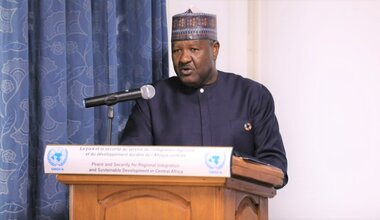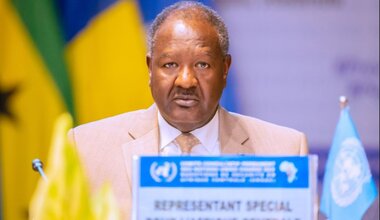Prevention and Resolution of Conflicts Between Farmers and Herders in West and Central Africa: A Collection of Best Practices is Available
A “Collection of Best Practices for the Prevention and Resolution of Conflicts Between Farmers and Herders in West and Central Africa” was recently published with the technical and financial support of the United Nations Regional Office for Central Africa (UNOCA), the United Nations Office for West Africa and the Sahel (UNOWAS), and the Office of the Special Coordinator for Development in the Sahel (OSCDS). It provides a set of tools and measures that should be promoted to strengthen the regulation of transhumance and to encourage political commitment from the States. Its importance is crucial, given the scale of the phenomenon: conflicts between herders and local communities in West and Central Africa are intensifying, exacerbated by rising insecurity and the effects of climate change.
These tensions stem from transhumance, a vital socio-economic activity, and the increased competition for natural resources due to the expansion of migration routes, agricultural land, and growing livestock populations. Regional cooperation is hindered by a lack of political commitment, particularly in Central Africa where the ECCAS Member States are slow to adopt harmonized legal frameworks for transhumance. While integrative, transhumance is also a source of instability. To sustainably resolve these conflicts, it is imperative to modernize and harmonize national legislations with regional regulations.
The collection was developed as part of the joint project on conflict dynamics between farmers and herders in West and Central Africa, aiming to strengthen governance at the local, national and regional levels. In addition to the general public, it primarily targets specialized actors as well as herders and farmers, relevant national or government institutions, local communities, civil society, regional organizations (ECCAS and ECOWAS amongst others), and international organizations, including UN missions and agencies.
 UN
UN






